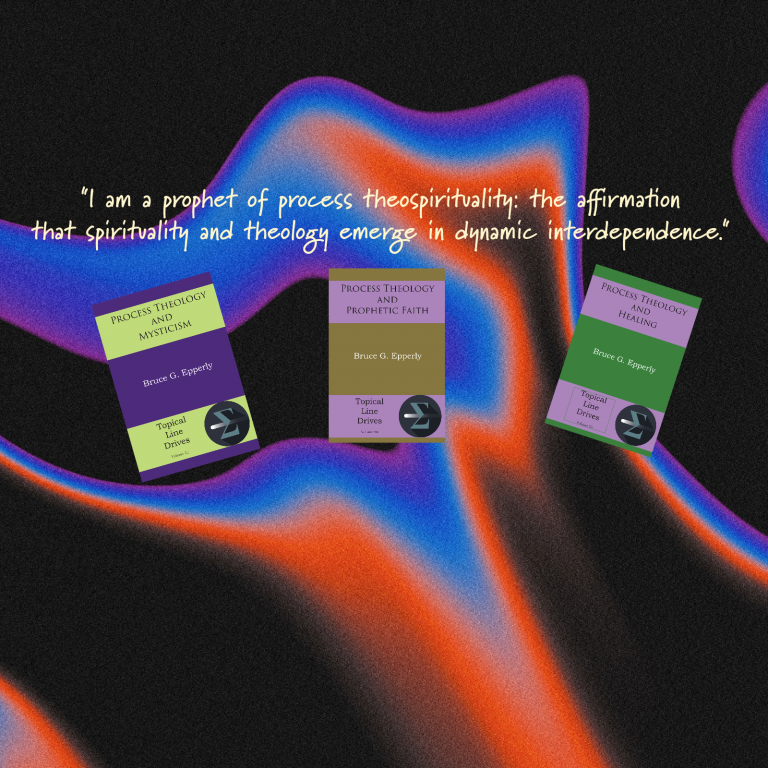A New Call to Spirituality and Faith as Adventure
One of Dr. Bruce Epperly’s key themes that runs through all his writing is the idea of theology and spirituality as an adventure. In his new book Whitehead and Jesus: An Adventure in Spiritual Transformation, he highlights adventure in a number of ways, demonstrating how this perspective offers a path to a more meaningful and…





